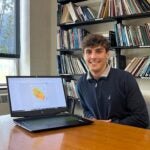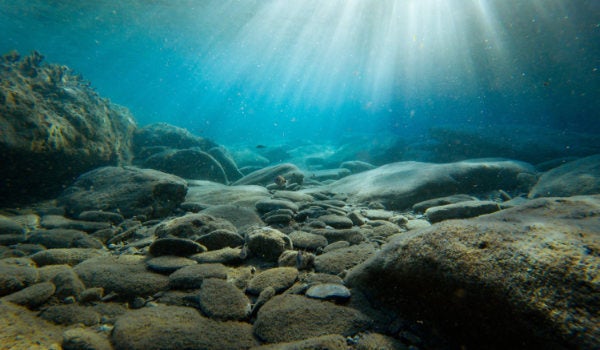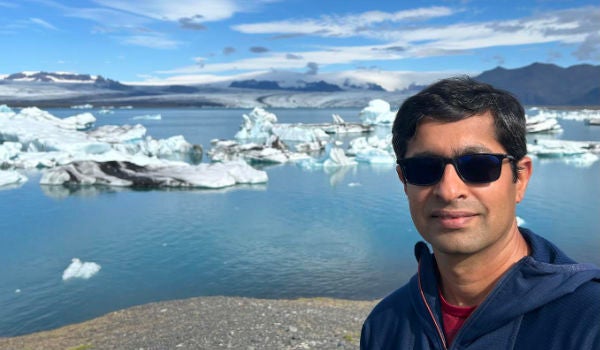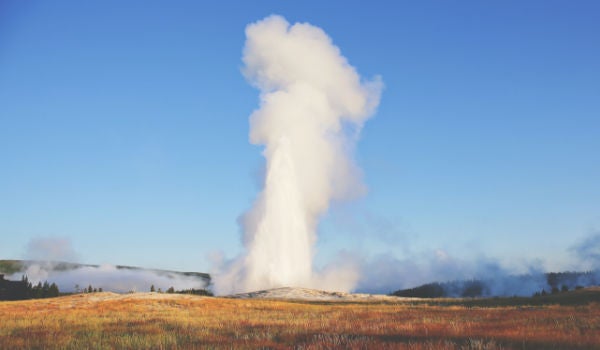Earth, water, and climate sciences are deeply interconnected fields that help us
understand the dynamic systems shaping our planet. The Department of
Geosciences builds its research and teaching around these core disciplines,
covering geology, hydrology, oceanography, and climatology. Students build skills
in field observation, laboratory analysis, and computational modeling. Faculty and
students conduct diverse research – from coastal hydrology and climate research
informed by our location in glaciated, coastal New England to Arctic river deltas,
Asian water systems, geobiology in California, and global climate dynamics –
contributing to a deeper understanding of the planet’s complex systems.
We are a community of faculty, staff, students, and members of the interested public who are committed to geoscience problem solving with an anti-racist agenda: we work together to increase diversity in our programs and field, to promote equity in interpersonal, academic, and societal frameworks, to foster inclusive action, and to engage in matters of social justice.
Job Opening:
Assistant Professor in Discipline-Based Education Research in Sustainability and Geosciences
Events
News
 URI climate scientist contributes to research illustrating future impacts of Antarctic ice sheet melting - Geosciences professor Ambarish Karmalkar is part of team using interactive modeling to predict impact of ice sheet meltwater discharge on climate and sea level
URI climate scientist contributes to research illustrating future impacts of Antarctic ice sheet melting - Geosciences professor Ambarish Karmalkar is part of team using interactive modeling to predict impact of ice sheet meltwater discharge on climate and sea level CELS Fellowship Spotlight: Avery Hurwitz on Using GIS for Climate-Related Flood Mapping - Avery Hurwitz spent the summer using GIS technology to map flood risks in Providence through the CELS Summer Research Fellowship. Combining his passion for climate science and meteorology with hands-on experience, he developed nature-based solutions to address urban flooding.
CELS Fellowship Spotlight: Avery Hurwitz on Using GIS for Climate-Related Flood Mapping - Avery Hurwitz spent the summer using GIS technology to map flood risks in Providence through the CELS Summer Research Fellowship. Combining his passion for climate science and meteorology with hands-on experience, he developed nature-based solutions to address urban flooding.



